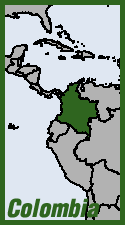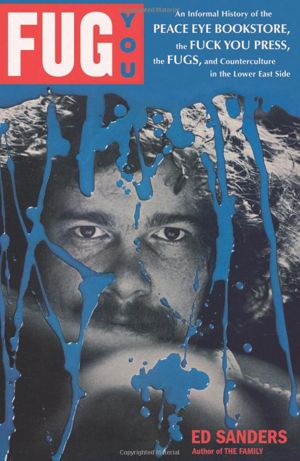 California's most well-known medical marijuana dispensary, Harborside Health Center, was served with a civil complaint for "forfeiture of property" on July 9 for their locations in both Oakland and San Jose. Employees found court papers announcing asset forfeiture proceedings against Harborside's landlords taped to the doors at the two locations the following morning. The Oakland dispensary has been fully permitted and operating since 2006 without incident. The forfeiture action is against the "third-party" property owner, Real Property and Improvements, and was filed by US Attorney Melinda Haag, who last October announced with the other US Attorneys an escalated campaign against medical marijuana dispensaries and growers.
California's most well-known medical marijuana dispensary, Harborside Health Center, was served with a civil complaint for "forfeiture of property" on July 9 for their locations in both Oakland and San Jose. Employees found court papers announcing asset forfeiture proceedings against Harborside's landlords taped to the doors at the two locations the following morning. The Oakland dispensary has been fully permitted and operating since 2006 without incident. The forfeiture action is against the "third-party" property owner, Real Property and Improvements, and was filed by US Attorney Melinda Haag, who last October announced with the other US Attorneys an escalated campaign against medical marijuana dispensaries and growers.

 Medical marijuana advocacy group Americans for Safe Access (
Medical marijuana advocacy group Americans for Safe Access ( Colombia's Constitutional Court on June 28 approved a measure to decriminalize possession of personal quantities of cocaine and cannabis. Those caught with less than 22 grams of cannabis or one gram of cocaine for personal use may receive mandated treatment depending on their level of intoxication, but may not be prosecuted or detained, the court ruled.
Colombia's Constitutional Court on June 28 approved a measure to decriminalize possession of personal quantities of cocaine and cannabis. Those caught with less than 22 grams of cannabis or one gram of cocaine for personal use may receive mandated treatment depending on their level of intoxication, but may not be prosecuted or detained, the court ruled. Doug Losak, recently appointed as the acting head of Mendocino County's legal department, was pulled over early July 3 and cited for allegedly having a concealed gun and cannabis in his vehicle, according to the Sheriff's Office. Deputies stopped Losak on Highway 101 for allegedly speeding and having a faulty license plate light. The deputies smelled marijuana and searched the vehicle.
Doug Losak, recently appointed as the acting head of Mendocino County's legal department, was pulled over early July 3 and cited for allegedly having a concealed gun and cannabis in his vehicle, according to the Sheriff's Office. Deputies stopped Losak on Highway 101 for allegedly speeding and having a faulty license plate light. The deputies smelled marijuana and searched the vehicle. A government-sponsored study published recently in
A government-sponsored study published recently in  Three recent books each provide a prism on the matrix of the American counterculture in the 1960s underground press movement—with a particular focus on the germinal scene on New York's Lower East Side. Following the interlocking characters that passed through such institutions as the
Three recent books each provide a prism on the matrix of the American counterculture in the 1960s underground press movement—with a particular focus on the germinal scene on New York's Lower East Side. Following the interlocking characters that passed through such institutions as the 





Recent comments
6 days 18 hours ago
1 week 1 hour ago
4 weeks 18 hours ago
5 weeks 1 hour ago
9 weeks 8 hours ago
12 weeks 5 days ago
16 weeks 5 days ago
17 weeks 4 days ago
27 weeks 4 days ago
31 weeks 4 days ago